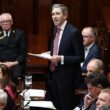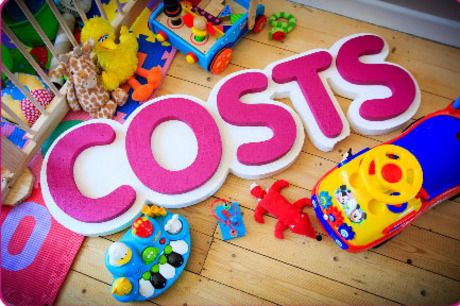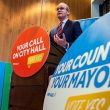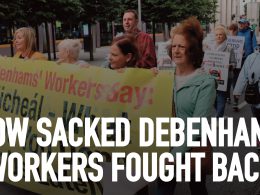By Katia Hancke
Every parent of young children in Ireland already knows it, but official reports once again confirm that childcare costs in Ireland are astronomical. They are crippling middle and low-income families. As a percentage of income, childcare costs in Ireland are higher than anywhere else in the EU.
The average weekly full-time childcare costs of €177.92 nationally, rising to €206.25 in parts of Dublin. That’s the cost for just one child.
Failure of government policy
Clearly, the government policy of subsidising private creches has utterly failed in delivering accessible childcare for parents. Study after study proves that parents pay an inordinate amount of their income on childcare that doesn’t necessarily suit their children’s needs.
Research also confirms that it is lone parents and low-income families who are punished the most for being working parents. A 2015 OECD report found that net childcare costs absorbed 42% of the average wage of lone parents in Ireland.
At the same time, the type of subsidy the government provides (part time hours for 38 weeks per year only) has created low paid, precarious jobs across the sector which employs 30,000 overwhelmingly female workers. Another 45,000 workers are employed as childminders in the home, with even less security.
Growing support
And yet, the government is planning on doing more of the same: the new National Childcare Scheme which will be rolled out universally in November will cover approximately 10% of real childcare costs. Scandalously, it will further disadvantage lone parents and low-income parents who will loose as much as €80 in subsidy/week. For many this will mean they are forced to give up work altogether.
What a contrast with the general consensus amongst working class people. A Red C poll at the start of the year showed 64% support for free childcare available to all children, with much higher support amongst the 25-45 age groups. Seventy percent of people agreed that parents should be able to look after their baby for the first year.
Public investment needed
In order to deliver this, we need to stop relying on a fragmented network of small private businesses that currently exist. What is needed is a decisive shift to investment in a national public childcare service that is free at the point of use and funded by progressive taxation on big business and the super-rich. This would allow to guarantee proper wages and conditions for all childcare workers and the availability of free further training.
These childcare services should be based in local communities and workplaces and can be run by committees of parents, workers and representatives of the wider community to assure the flexibility needed to best suit the children and families they cater for. Linked to that, parental leave should be extended to two years and should be fully paid to give parents a real choice between staying at home and going back to work.












